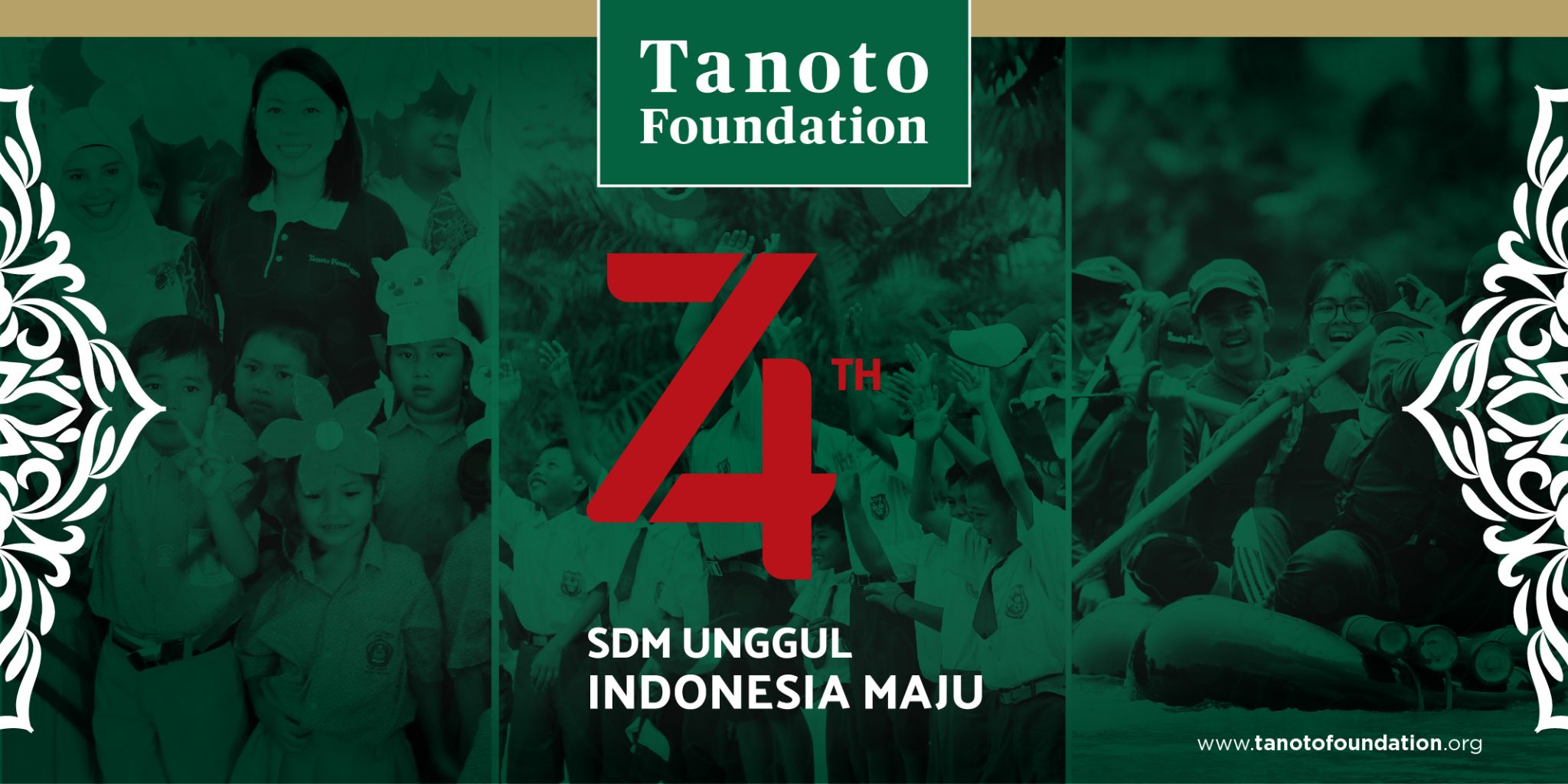
In 2018, the World Bank ranked Indonesia at 87 out of 157 countries in the Human Capital Index (HCI). That gives Indonesia an HCI value of 0.53, which is below that of neighboring countries, such as Singapore (0.88), Malaysia (0.62), Vietnam (0.67), Thailand (0.60), and the Philippines (0.55). Hence, the Government of Indonesia is focusing on improving the nation’s HCI.
President Joko Widodo is particularly keen on developing Indonesia’s human resources in science and technology. He states that, “Quality human resources must begin from birth. This means there should be no more stunting; and ensuring good maternal and child health is key, particularly during children’s golden ages up until they are seven or eight years old. Then we improve the quality of basic education as well as tertiary education. Not only will this help the younger generation become smarter and more efficient, but it will also create a Pancasila generation which is tolerant and cooperative.”
President Widodo’s plan, however, cannot be executed solely by the government. The private sector has an important role to play. One of the key players in the development of human capital is the Tanoto Foundation, an independent philanthropic organisation founded in 1981 by businessman, Sukanto Tanoto and his wife, Tinah Bingei Tanoto.
The Tanoto Foundation focuses primarily on furthering education in line with its founders’ belief that quality education accelerates equal opportunity. The foundation also backs Indonesia’s drive to develop its human capital. This process starts with early childhood development and education.
In 2018, the Indonesian Ministry of Health found the stunting rate in Indonesia to be considerably high (30.8%). Stunting is the condition where a child fails to reach the standard height by a certain age. The condition also inhibits early brain development.
To assist the Indonesian government in reducing the national stunting rate, the Tanoto Foundation set up ‘Strengthening Indonesia’s early Generation by Accelerating Potential’ (SIGAP), a holistic programme that “supports the physical, language, cognitive, mental and socio-economic development of children”.
Additionally, the Tanoto Foundation also leverages SIGAP to support a joint initiative between the World Bank and the Indonesian National Team for the Acceleration of Poverty Reduction—called the SMERU Research Institute—to devise a new method for determining the nutritional state of children growing up in villages. This initiative is based in Jakarta.
The Tanoto Foundation also backs child-friendly integrated public spaces in Indonesia.
When it comes to basic education, an estimated two out of three students in Indonesia fair below the minimum standard for mathematics set by the Programme for International Student Assessment (PISA) OECD exam. Meanwhile, more than half of Indonesian students are below the minimum standard for reading skills.
To address these issues and more, Sukanto Tanoto’s foundation set up the PINTAR programme in 2018, which is designed to “support the Indonesian government in improving the quality of basic education through strengthening school management and leadership capabilities, improving teacher quality as well as increasing parent and community participation”.
As of now, PINTAR has improved learning for approximately 210,000 students, trained 15,000 teachers, and reached 958 schools in five provinces.
The Tanoto Foundation also focuses keenly on tertiary education. Its TELADAN programme, founded in 2006, aims to develop higher education in Indonesia and help students become future leaders.
Participants of the programme, also known as Tanoto Scholars, are given “structured leadership training from their first year of university until after graduation. Tanoto Scholars with special achievements may even have the opportunity to study and build networks abroad”.
TELADAN has thus far supported the higher education of over 7,500 students in nine partner universities across the region.
